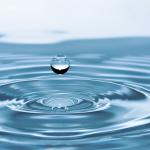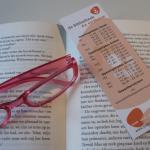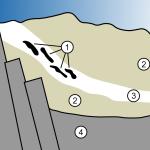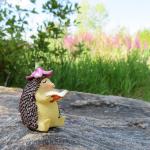We, humans, are very adaptable creatures and have created niches for ourselves around the globe. Many of those sites are less hospitable to our way of life than others. We have moved out to the edge between civilization and the wild.
Other Science News
As with most building disasters, there are any number of “usual suspects.”
“The coelacanth has perfected life in the slow lane in a different way. Almost uniquely among animals, their normal position is head down, tail up, perfectly vertical and still.
“The creative class has converted cultural attainment into economic privilege and vice versa.
“As countries grew richer over the mid-1900s, average working hours decreased and leisure increased.
“A piece of property abandoned, weeds grow up, a window is smashed.”
Let’s take a closer look at rising food prices – as always, it is complicated.
About six or seven billion years ago, a massive star exploded, and its debris, containing (among other things) traces of gold, mercury, lead, and uranium, slammed into a cloud of gas and dust floating on the outskirts of the galaxy.
“Scientists at the University of Natural Resources and Life Sciences in Vienna found that bacteria living inside a cow’s rumen – one of the four compartments of its stomach – can digest certain plastics, including those used to make












